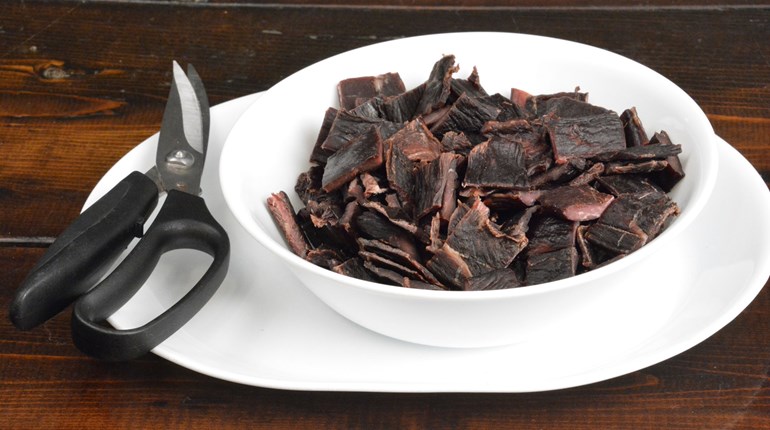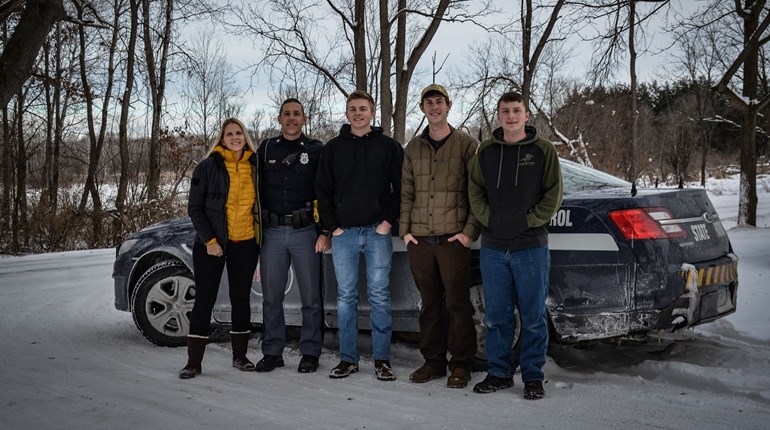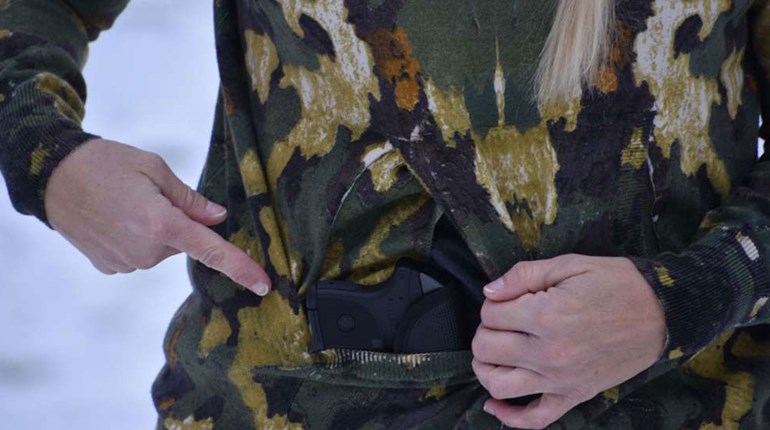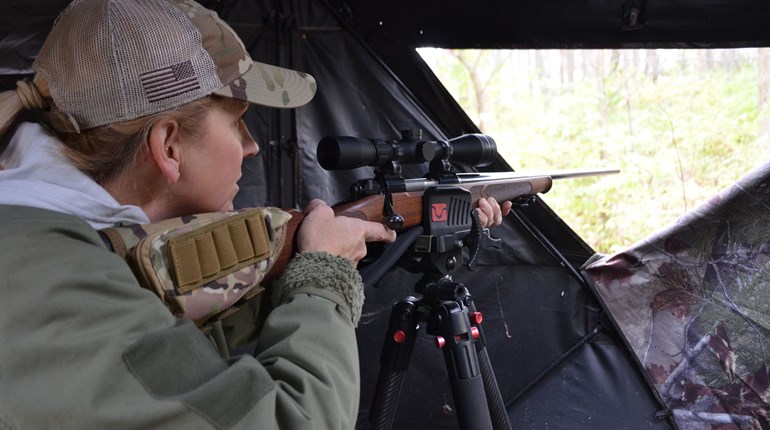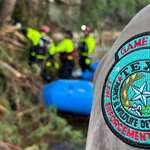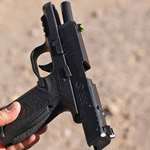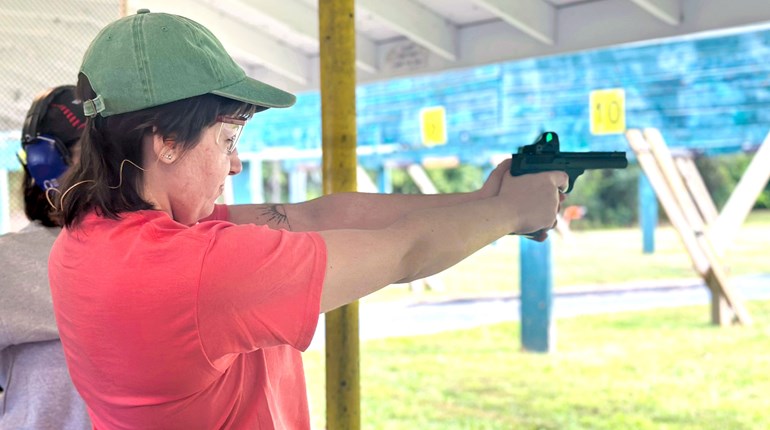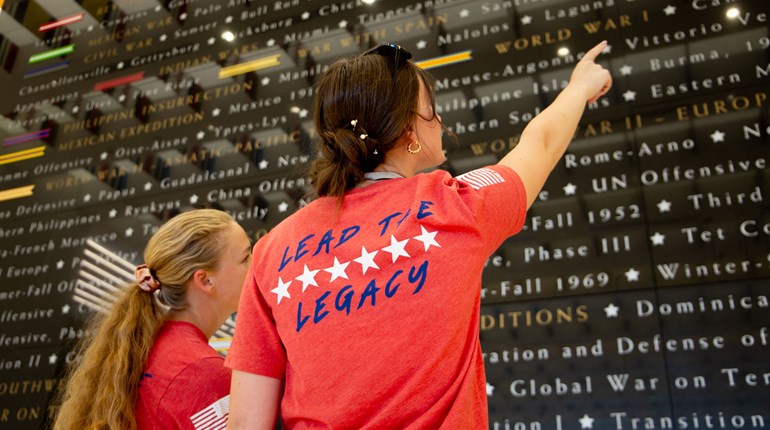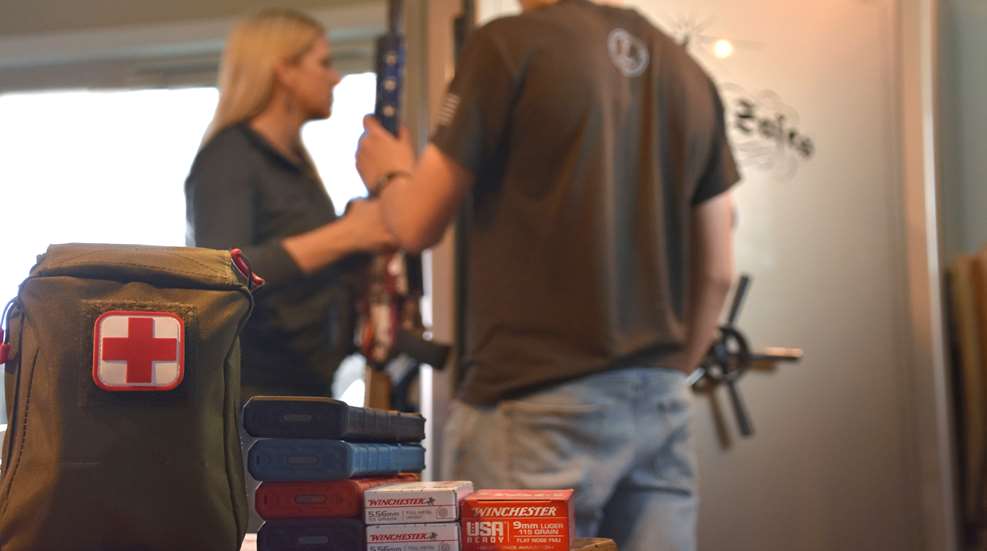
Very few things in life are as important as our family. They’re our lifeline, our safety net, and our own personal testament to the fact that life is about something bigger than the daily grind. When faced with emergencies, having a safety plan starts with ensuring that our loved ones are protected. How do we go about this task? As monumental as it might seem, starting small and with simple steps can help you physically and mentally prepare for emergencies.
Mindset
Before you even venture into preparing
yourself and your family for emergencies, remember that your mindset is very important. Having the foresight to plan food and water in hurricane season is not paranoia; it’s preparedness. And knowing where you would go if your safety was threatened by riots or a flood is simply thinking ahead.
The ability to observe, orient, decide and act is human nature, and those skills are part of what can be taught to our families in order to develop better safety habits.
Those four concepts make up the acronym OODA, or what preparedness folks call an OODA Loop. An OODA Loop is a mental checklist of “what to do” that you can run in your head for any number of scenarios:
- Is the hurricane going to be a direct impact? (Observe news reports.)
- What do hurricanes of that magnitude do historically? (Orient to what is happening or might happen.)
- Do I need to leave town? (Decide what I need to do or might need to do.)
- Maybe I should pack my car, prepare, and watch the news closely. (Act on the information I have observed.)
Maybe the hurricane will stay offshore and the worst you did was spend a day getting your emergency bag ready in case you had to head to grandma’s. But that you prepared puts you ahead of those that didn’t. Much of what we have emergency management for are unforeseen events.
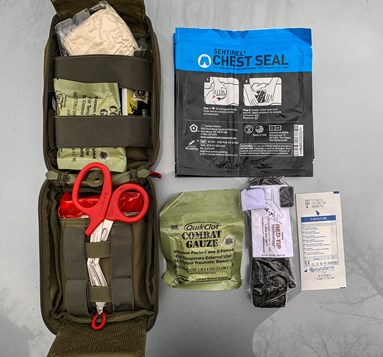
When you can foresee something, make a plan and take action, it lessens how much of an emergency that event is for you, which leaves you less stressed, and frees up EMS, LEO, etc. to help others. So not only is preparedness not paranoia, it also makes you a better citizen.
Form a Plan!
Organizing for emergencies starts with a plan. Assess, or observe, what your needs are and what you have on hand, and then building from there. What are you preparing for ... confinement in your home, a hurricane or
natural disaster, a pandemic?
Whether you are creating a home-defense plan or a shelter-in-place plan, you need to inventory and evaluate what you have, what you need, and what other variables should be considered for your family's safety.
Start your emergency planning with a few checklists. Create a list of items you need and items you might want to have on hand. The American Red Cross is a good place to start, with an inventory of basic supplies, like food and water, and items you can’t be without, like medicines and a means of communication.
Plans also need layers. We should take advantage of our children, parents, and spouses and let everyone use their personal skills to tackle one area that should be planned for.
Do you have a teenager that likes working on cars? Put them in charge of making sure the family vehicle is gassed and ready if you have to evacuate from a natural disaster. Teach them to record vehicle maintenance and let them feel empowered by knowing they are helping their family.
Task someone else with medical supplies, give another a checklist for paperwork (like prescriptions, birth certificates, passports, etc.), give another person the job of managing safety equipment, such as flashlights, radios, and protective gear.
Safety Equipment Includes Firearms
It is not surprising that in recent state shutdowns of non-essential businesses, firearms businesses have
been deemed essential by state and federal governments. That is because i
n the time of an emergency or disaster, first responders might be too busy to help everyone. And the ability to protect yourself from looting or riots is a real concern, especially for those living in an urban area. A list of what
firearms you have and the
ammunition and magazines for them, as well as cleaning equipment and spare parts is another checklist you
should keep.
Layers to Your Plan
Add layers to your plan. If you’ve ever sheltered through a hurricane, you know that most of the tragic deaths
from them do not involve the storm itself, but are the result of inland flooding. Having a plan for the emergency is great, but if you haven't considered the need to orient to what happens after the emergency, you might have survived one situation to be woefully unprepared for the next.
Understanding that a good offense is important is another layer in your emergency plan. Maintaining a well-lit yard or driveway, a family dog that alerts you to strangers, and neighbors who look out for each other can all add to your safety. Knowing that Mrs. Brown on the corner sees your kids come home from school or every strange car is a good thing! Embrace your neighbors and get them involved in safety plans too!
But don’t be afraid to tell your children that everyone doesn’t need to know every piece of information about your family and home. Keep security codes secure. Don’t give away spare keys or hide them in obvious places. Giving your family the mental toughness to understand that there are dangers in life, and they need to live with a healthy level of awareness might be the thing that saves their life.
Altering Plans
One important item for busy families to solidify with each other is communication. Establish a clear plan of
action, meeting places, alternate meeting
places of family members to head to if there is a true disaster, even
codes for “something is wrong.” Again, it’s not being paranoid, it's being prepared. Teach your family that safety is part of everyday life. Layer safety into what you do daily that builds up your
security.
Let your house be that house with the motion sensor light that beams brightly on at every stray cat in the driveway, or where the parent checks that doors are locked every night. Be the home where kids shut the garage door and lock the cars. If you take small steps and turn them into habits, you can stitch together your safety plan without it coming apart at the seams under pressure.
About the Author: Becky Yackley competes in the shooting sports across the country and around the world with her husband and three sons. She has spent much of the last 20 years holding down the fort while her husband proudly serves our country in both the Marine Corps and state law enforcement. Her writing, blogging, and photography are ways that she shares her unique perspective on firearms, competition, hunting, and the Second Amendment, especially as it applies to mothers on their own. She grew up the daughter of a gunsmith, and with her siblings competed in NRA Highpower and Smallbore, and she has since competed in more disciplines than almost any woman involved in the shooting sports. From IPSC, USPSA, Bianchi Cup, 3 Gun and more, she enjoys sharing that to be proficient and knowledgeable with a firearm is within the reach of anyone! She’s the founder a 501c.3, 2A Heritage Ltd., and works with industry partners and other volunteers who share the ethos of bringing new youth into the shooting sports with personal commitment to safely sharing an historically American pastime.












